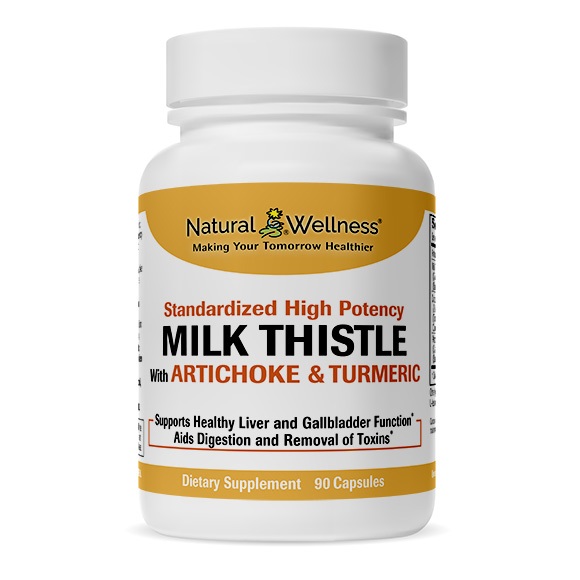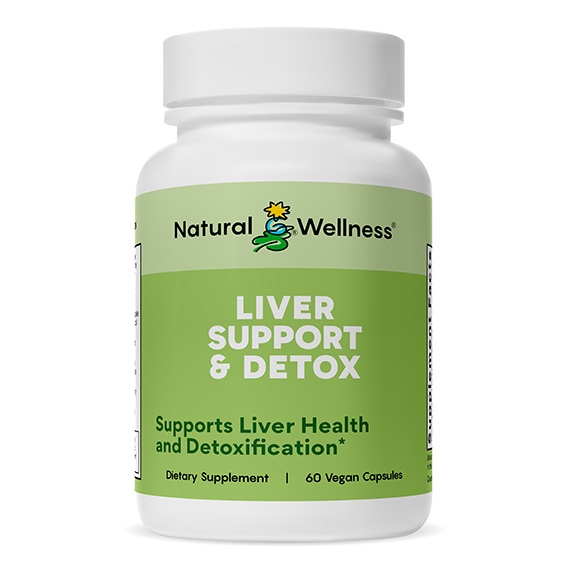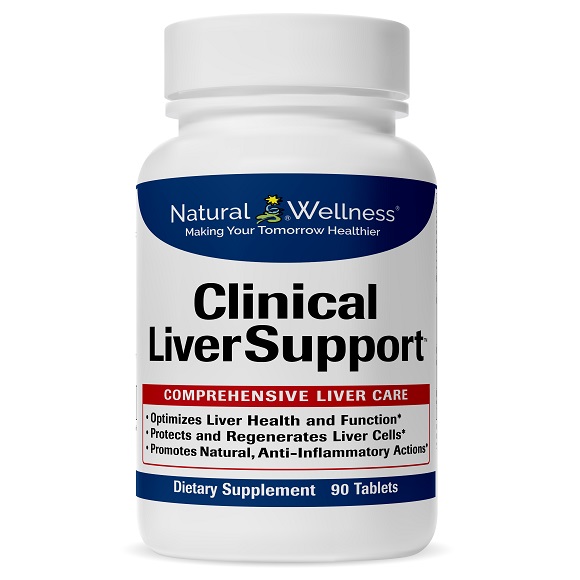A Primer on Liver Cleansing
A general description of why and how people implement liver cleanse programs
What is a Liver Cleanse?
People commonly discuss the topic of cleansing or detoxifying the body. Whether called a “cleanse,” “detox,” or “liver cleanse,” the goal is to eliminate toxins. Despite varied terms, the aim is consistent, with many ways to achieve it.
Most people know liver cleansing as a process that purifies the body’s internal systems. While the liver, kidneys, immune cells, lymphatic fluid, intestines, lungs, and skin naturally eliminate toxins, sometimes they require help.
The liver, a vital organ, efficiently manages waste removal and processes nutrients and medications. Many utilize a cleanse to mitigate the effects of excessive alcohol consumption or poor dietary choices, some look to improve liver function, while others seek relief from liver diseases.
What Are Toxins?
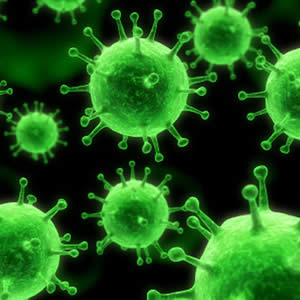
Toxins are anything that can potentially harm body tissue and can be both internal or external:
-
External Toxins
Coming from outside the body, these are what most people imagine when discussing toxins. These toxins can enter our bodies via food, air, and water. Some examples include chemicals in processed foods, air pollutants, alcoholic beverages, pesticides, and medications.
-
Internal Toxins
Developing inside the body, these toxins are a normal byproduct of cellular metabolism. Sometimes referred to as metabolic waste, these are substances produced during normal bodily functions like lactic acid, urea, ammonia, homocysteines, carbon dioxide, yeast, and bacteria.
Signs that you may be harboring excessive toxin levels in your body are indigestion, poor concentration, sluggishness, headaches, bad breath, fatigue, poor skin, and muscle pain.
Normal Toxin Removal
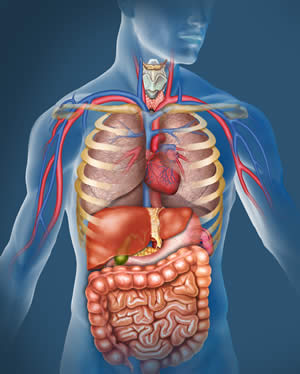
The liver, bile, digestive, urinary, respiratory, skin, blood and lymphatic systems work together to transform and eliminate toxins. While each of these organs and systems plays a vital role in maintaining health, the liver, bile, and intestines tend to shoulder the bulk of detoxification in our bodies – with the liver and bile primarily responsible for cleansing the blood of impurities and the intestines primarily responsible for eliminating solid waste.
Liver Cleansing
People increasingly use liver cleanses to help the body eliminate both external and internal toxins.
In addition to producing and secreting bile, the liver acts as a filter for toxins and bacteria in the blood and chemically neutralizes toxins. The main goals of liver cleanses are to reduce the toxic burden, prevent damage to the liver’s cells from toxicity, and provide the liver with essentials it needs to cleanse the blood properly.
Also, when the liver is not functioning at its best it affects the digestive system. Toxins, parasites, and solid waste take longer to clear and start to build up in the intestines. A cleanse enables the digestive system to better remove parasites and toxic fecal matter that have accumulated and adhered to the intestinal walls.
Four Ways to Implement a Liver Cleanse
With the overall goal of improving health, learn how to cleanse your liver effectively. From dietary changes to herbal supplements, here are four methods to support your liver’s health:
-
-
Detox Diet
Reduce your intake of chemicals by avoiding fatty, sugary, or processed foods, and focus on eating organic foods whenever possible. While this might be pricier than fast food, it’s a healthy lifestyle choice that can be sustained throughout the year.
Apart from choosing organic options, there are specific foods that are great for liver and digestive health. Some examples commonly found in detox diets include artichokes, lemons, seaweed, apples, and walnuts.
-
Liquid Cleanse
Today, various liquid cleanses are advertised, mostly involving fasting to clear the intestines. These cleanses dramatically reduce calories by removing solid foods for days or even weeks.
While liquid cleanses can lead to rapid weight loss, they often cause a rebound effect afterward. This happens because the body, receiving so few calories, enters starvation mode, slowing down metabolism to conserve energy. When normal eating resumes, the slowed metabolism can lead to quick weight gain even with reduced calorie intake.
Liquid cleanses rob the body of important nutrients like protein and essential fatty acids, leading to side effects such as diarrhea, dehydration, fatigue, irritability, acne, depression, brain fog, and increased hunger. Due to the potential risks, especially for those with conditions like cirrhosis, kidney disease, or blood sugar issues, it’s important for such individuals to consult a doctor before attempting a liquid cleanse.
-
Supplements
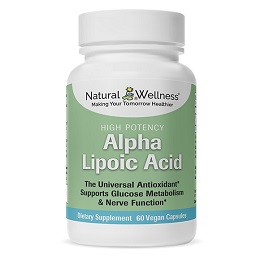 Antioxidants – Fresh, colorful, organic fruits and vegetables are loaded with antioxidants, which help neutralize toxins from both inside and outside the body. Antioxidants in supplement form are also useful for aiding with detox. Examples of beneficial antioxidants include Vitamin C, Vitamin E, Alpha Lipoic Acid and N-Acetyl Cysteine.
Antioxidants – Fresh, colorful, organic fruits and vegetables are loaded with antioxidants, which help neutralize toxins from both inside and outside the body. Antioxidants in supplement form are also useful for aiding with detox. Examples of beneficial antioxidants include Vitamin C, Vitamin E, Alpha Lipoic Acid and N-Acetyl Cysteine.While most antioxidants are safe, it’s important to follow dosage instructions. Additionally, individuals with liver disease should limit their intake of Vitamin A, and those on blood thinners or with blood clotting issues should consult a doctor before taking Vitamin E.
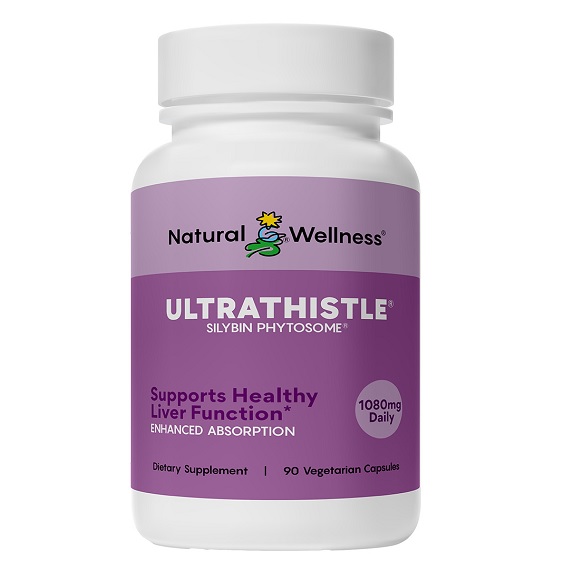 Milk Thistle – The #1 herbal supplement proven to support liver health, milk thistle is a component of many liver detox plans. Because it has shown an ability to promote bile flow, protect liver cells from damage and promote new liver cell growth, milk thistle is the top herb recommended for aiding liver detoxification.
Milk Thistle – The #1 herbal supplement proven to support liver health, milk thistle is a component of many liver detox plans. Because it has shown an ability to promote bile flow, protect liver cells from damage and promote new liver cell growth, milk thistle is the top herb recommended for aiding liver detoxification.For some sensitive individuals, milk thistle may cause loose stool due to its effect on the liver and gallbladder. It can also reduce the effectiveness of oral contraceptives and certain immunosuppressive drugs.
All-in-1 Supplements – Some people prefer all-in-one supplements that contain milk thistle along with antioxidants and other liver detoxifying ingredients, instead of taking multiple supplements separately.
Milk Thistle with Artichoke & Turmeric, Liver Support & Detox and Clinical LiverSupport are all supplements that contain milk thistle, artichoke, and turmeric. All three attack inflammation, as well as cleanse, detox, support, and protect your liver.
Liver Support & Detox and Clinical LiverSupport have more ingredients that offer even more liver protection. You can decide which supplement fits your needs and budget.
-
Colon Irrigation
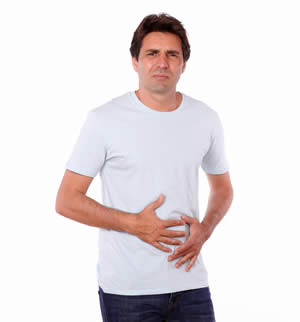
Trained practitioners administer colon irrigation, also called a high colonic, similar to an enema. It’s often sought by people with chronic constipation, irritable bowel syndrome, or other digestive issues for relief.
While some view it as a detox method, colonics can cause side effects like cramping, bloating, nausea, and vomiting. They may also lead to dehydration, bowel perforations, electrolyte imbalances, and infection.
-
To minimize toxins and support your liver’s health, incorporate several of the detox methods described above into your regular routine while using others sparingly:
-
-
Detox Diet
A detox diet full of foods that support liver function and devoid of those that hamper the liver produces the best results when adhered to as much as possible.
-
Liquid Cleanse
Try to limit a liquid cleanse to only two times a year so that a constant yo-yo effect of altering metabolism is avoided.
-
Colonic Irrigation
Colonic irrigation should be limited to once a year (unless there is a valid medical reason) so the gastrointestinal system does not become dependent on the assisted colon cleansing.
-
There many are different ways to eliminate toxins, but not all methods are equally safe. Prioritize your health by choosing detox methods wisely. Just as we clean our exterior, internal cleansing is vital for health. Proceed with caution and listen to your body’s needs.

